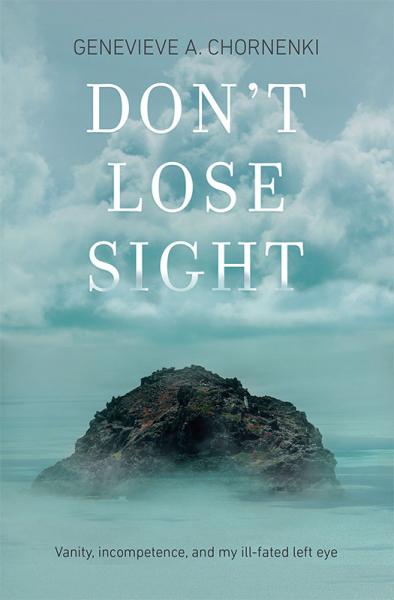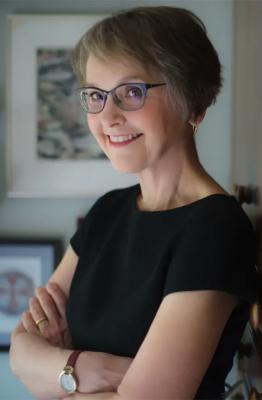
When Genevieve Chornenki escapes a brush with blindness, things never looked better-city pigeons, people, stainless steel pots. But questions about her experience linger: Who was responsible for her close call? Can she safeguard other people's eyesight? How do our eyes work, anyway, and why do they give so much pleasure? With a newborn baby and a background in dispute resolution, Genevieve sets her sights on answers. The results aren't always what she went looking for.

eBooks
Reviews
"Don’t Lose Sight is a vivid, radiating prism of appreciation about the superpower we take for granted—eyesight. Passionate and persistent, Genevieve Chornenki evinces the truism that vision isn’t the sole purview of the eye."
—Jane Christmas, author of Open House: A Life in Thirty-two Moves
"To look and to see. Genevieve Chornenki teaches us to see fresh in this wonderful memoir about a serious eye condition. She artfully blinks and shows us her world of love and relationship and wit. She invites us to share her outrage and gratitude, her joy and her fabulous humour. Read this book!"
—Kim Echlin, author of Speak, Silence
"Don’t Lose Sight shows what happens when power meets persistence. When Genevieve Chornenki, a professional mediator, contends with a medical mistake and the system intended to protect her, she learns not to take events—and herself—too seriously."
—Cinnie Noble, author Conflict Mastery: Questions to Guide You
"Don’t Lose Sight is a gripping and sensitive account of the web of implications and complications that can spread from a retinal detachment, and a clever reflection on the extreme fragility of the superpower that is vision."
—Russell Smith, author of Blindsided: How Twenty Years of Writing About Booze, Drugs and Sex Ended in the Blink of an Eye

